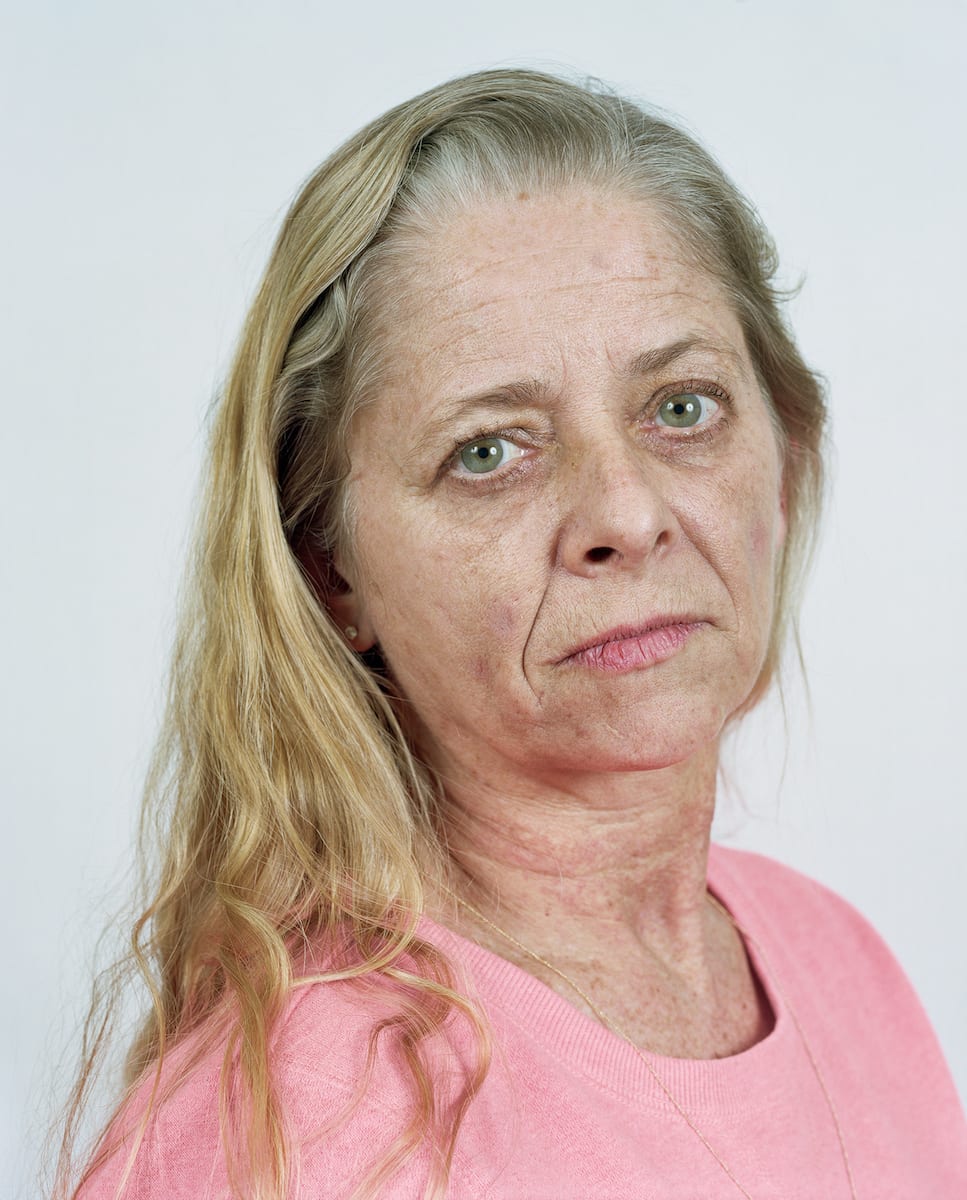Fracking is a divisive social, political and environmental subject. It has long been a major issue across the US; over 100,000 oil and gas wells have been drilled and fracked in the country since 2005. The UK has large shale gas reserves, but not a single well has been fracked since a ban on the process was lifted in 2013. This year, however, has seen renewed efforts by the UK government to encourage the development of drill test sites throughout England. Recently announced measures, including the introduction of a £1.6 m fund to speed up fracking applications over the next two years, have propelled the issue back into the spotlight.
Energy for Change: Fractured Stories will give one photographer the opportunity to capture the untold stories surrounding fracking in the UK for an exclusive British Journal of Photography commission, supported by Ecotricity. The selected photographer will win a £5,000 project grant; travel and accommodation expenses will also be covered. The series will receive extensive coverage on BJP’s website, including three dedicated features.
Photographically, this subject presents a challenge. Fracking takes place below ground; the process involves pumping a mixture of water, sand and chemicals at high-pressure deep underground to break apart rock, and extract natural gas and oil. Although the volume of shale gas in the UK that can be technically recovered is unknown, in 2013, David Cameron stated that if just 10 percent of the known reserves were extracted, this would provide the equivalent of the country’s total gas needs for 51 years.
The wider implications of the process are also veiled in secrecy. In 2014, the government published a heavily redacted document following a Greenpeace-led campaign investigating the impacts of fracking on areas affected by it. “Local opposition to fracking is simply being ignored – it’s the most unpopular energy source ever, but it’s being forced on people by the government,” explains Dale Vince, OBE, founder of Ecotricity. While the industry advocates fracking as a means of improving energy security, campaigners stress the myriad threats it poses to the environment, including water and air pollution. Today, its consequences remain a point of contention.
Fractured Stories offers a unique opportunity for the winning photographer to develop their own creative approach to documenting fracking in the UK. Looking beyond the headlines, the series should approach the subject from a new perspective. The project period will last six weeks, from mid-August to the end of September 2018. During this time, the selected photographer will have the freedom to structure the commission as they see fit. They may choose to travel around the UK or remain in one location. This flexibility will allow for the series to evolve in line with the practitioner’s experience on the ground.
The resulting body of work will stand as a visual record of this complex and, in many ways, imperceptible subject-matter.
Fractured Stories is now open for entries! The competition is free to enter and open to all photographers. Don’t miss out – the deadline for submissions is Tuesday 10 July 2018, 11:59 (BST).

–
Fractured Stories is a British Journal of Photography commission made possible with the generous support of Ecotricity. Please click here for more information on sponsored content funding at British Journal of Photography.
